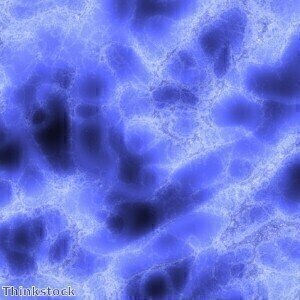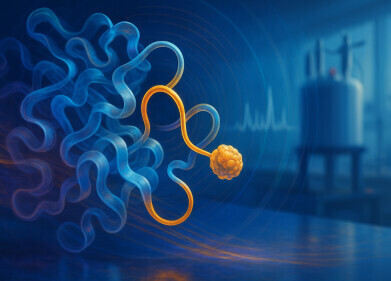-
 Intercellular transport can be disrupted by nanoparticles.
Intercellular transport can be disrupted by nanoparticles.
Microscopy & microtechniques
Nanoparticles can hinder cell transport
Aug 24 2011
In findings published by the Research Council of Norway, from research by scientists at the Centre of Cancer Biomedicine at the Norwegian Radium Hospital, the team revealed that the uptake and build up of nanoparticles in cells can hinder the transport of vital substances in cells.
Research is currently being undertaken to develop new medicines that target diseased cells and leave healthy ones alone through the use of nanotechnology, however, despite some promising results scientists have found that some reactions negatively affect cell function.
Although it is still not fully understood, scientists believe that a possible reason could be that nanoparticles of a certain size cannot pass through the very thin tubes in the endosomes, causing them to block up.
Senior scientist Tore-Geir Iversen said that people need to avoid jumping to conclusions about targeted medicine until more is known about the role of nanoparticles.
"We find it frustrating that a number of international scientific articles confidently conclude, on poorly-verified grounds, that nanoparticles effectively transport medicines to the nucleus," he said.
Digital Edition
Lab Asia Dec 2025
December 2025
Chromatography Articles- Cutting-edge sample preparation tools help laboratories to stay ahead of the curveMass Spectrometry & Spectroscopy Articles- Unlocking the complexity of metabolomics: Pushi...
View all digital editions
Events
Jan 21 2026 Tokyo, Japan
Jan 28 2026 Tokyo, Japan
Jan 29 2026 New Delhi, India
Feb 07 2026 Boston, MA, USA
Asia Pharma Expo/Asia Lab Expo
Feb 12 2026 Dhaka, Bangladesh
.jpg)
-(2).jpg)
















